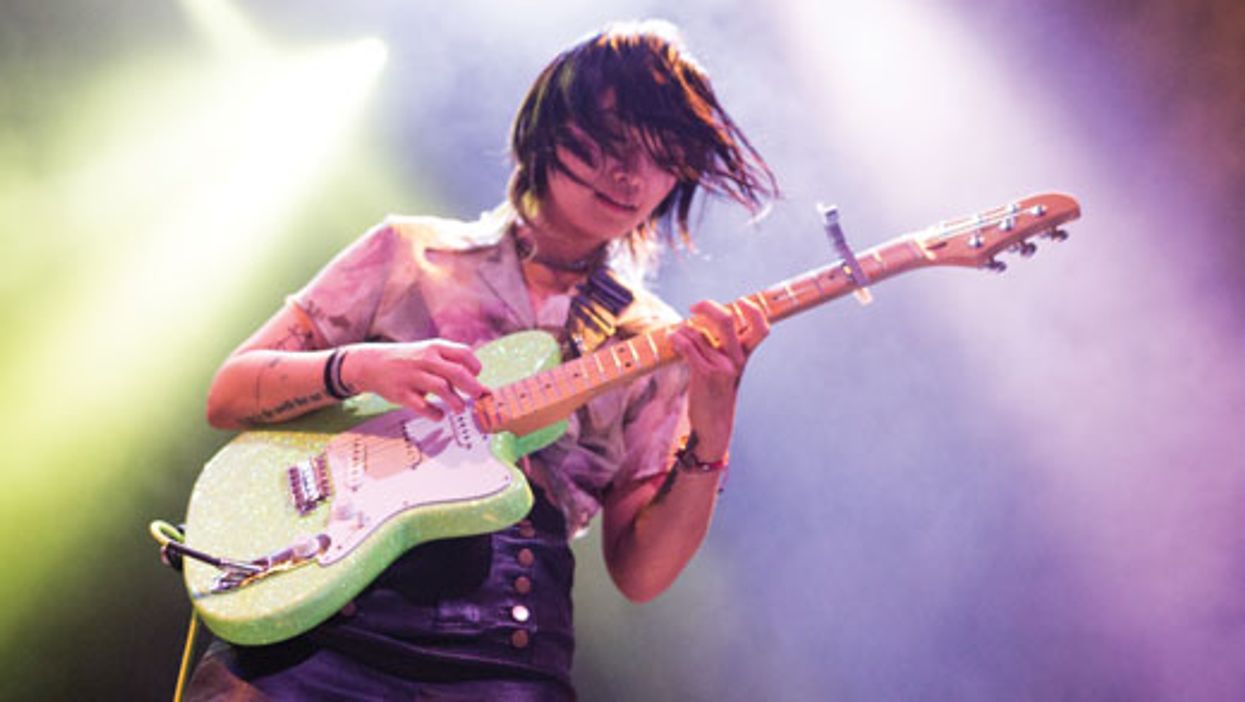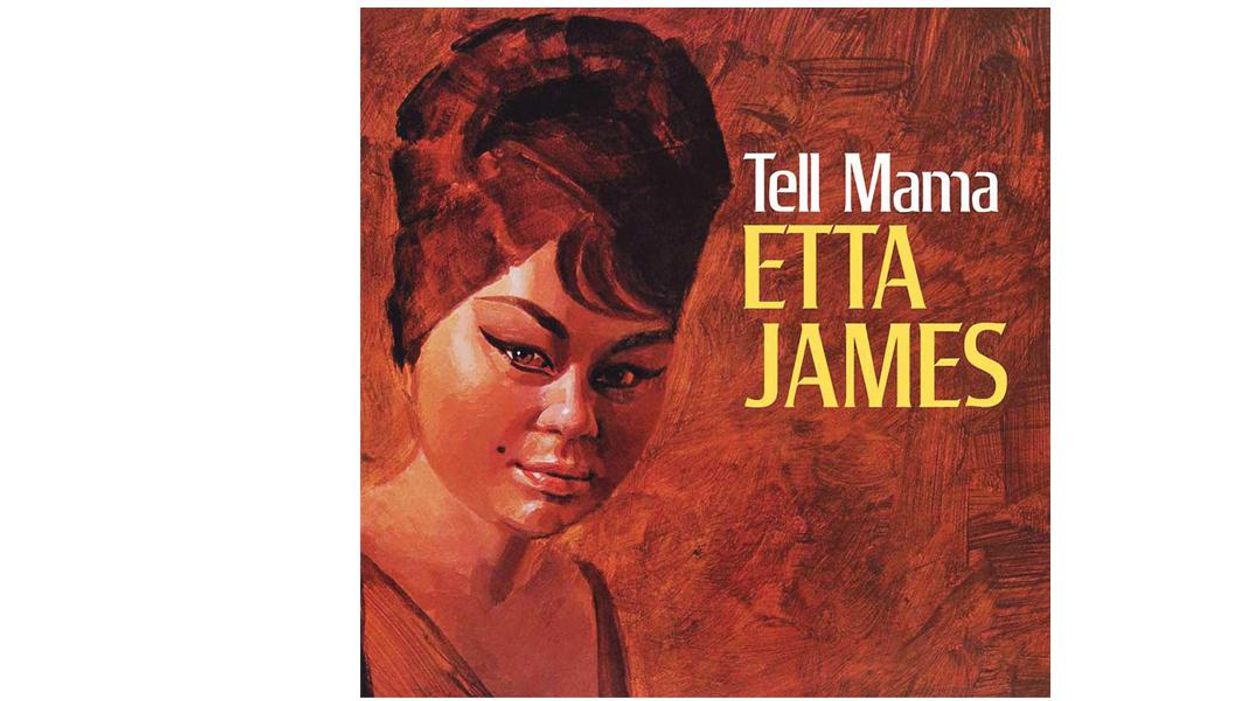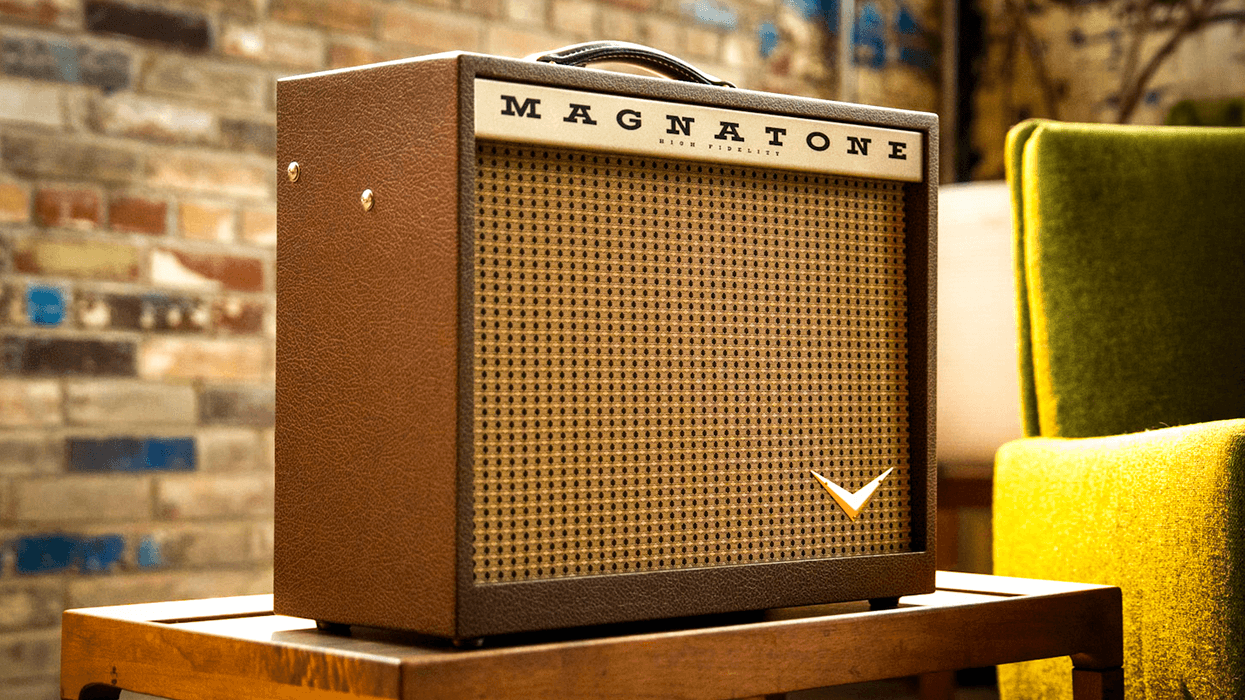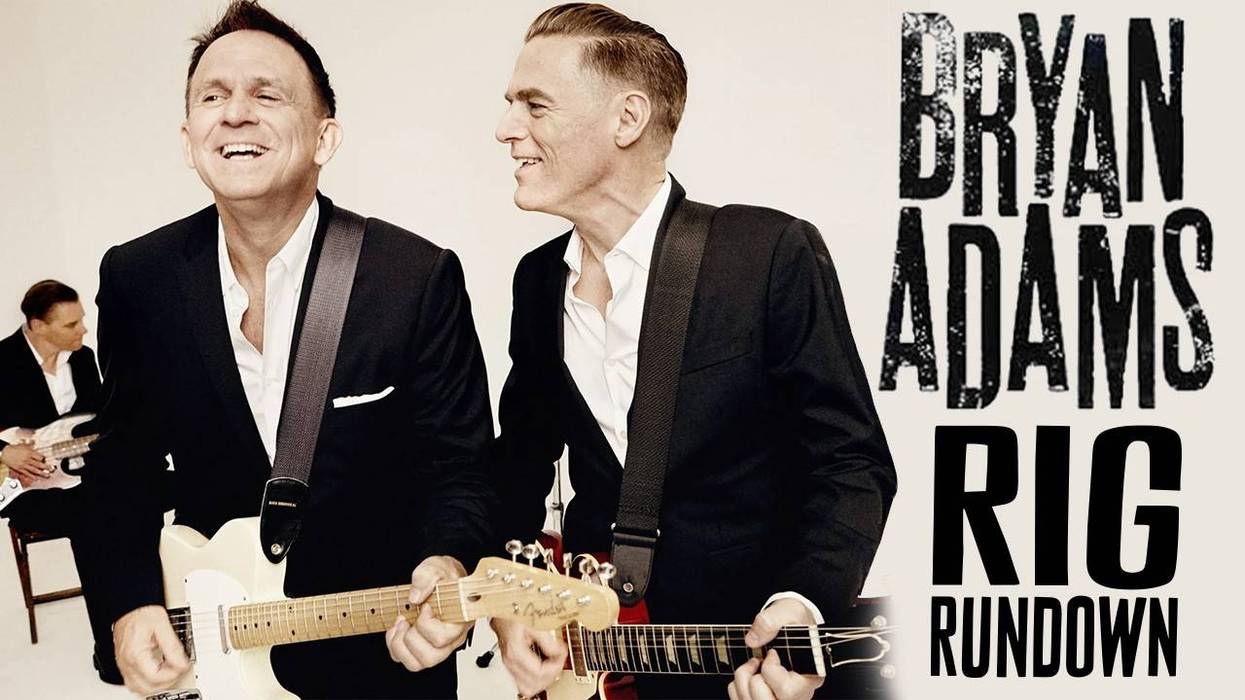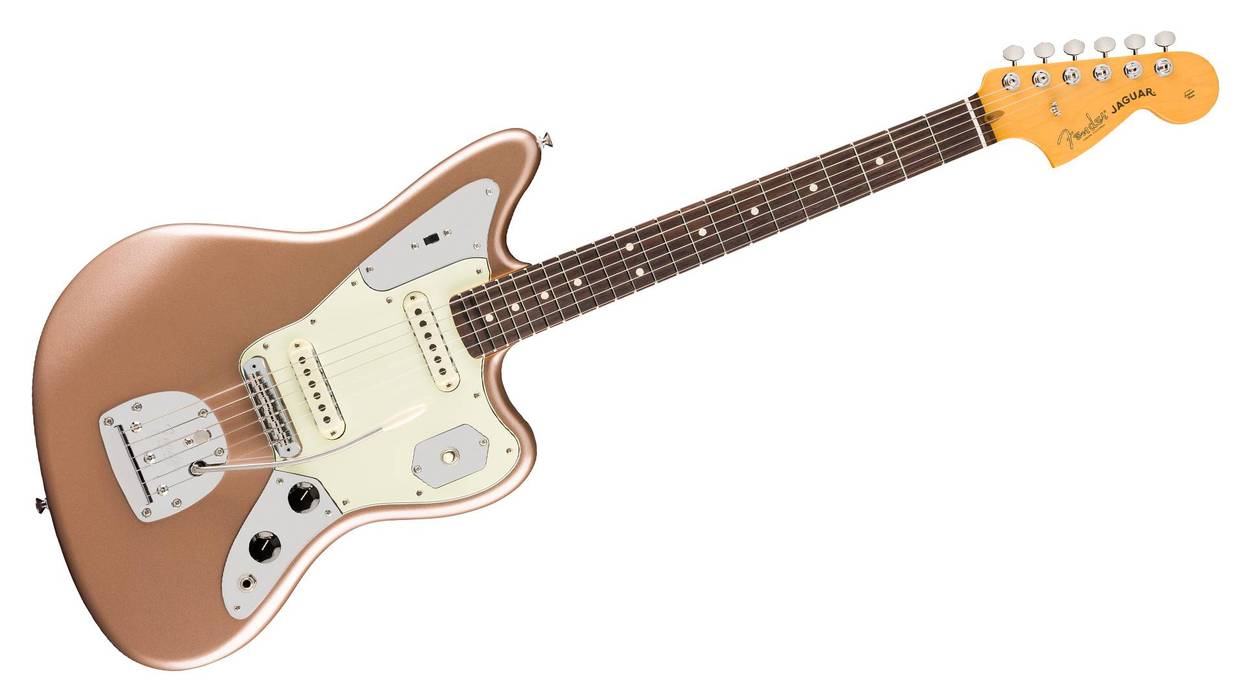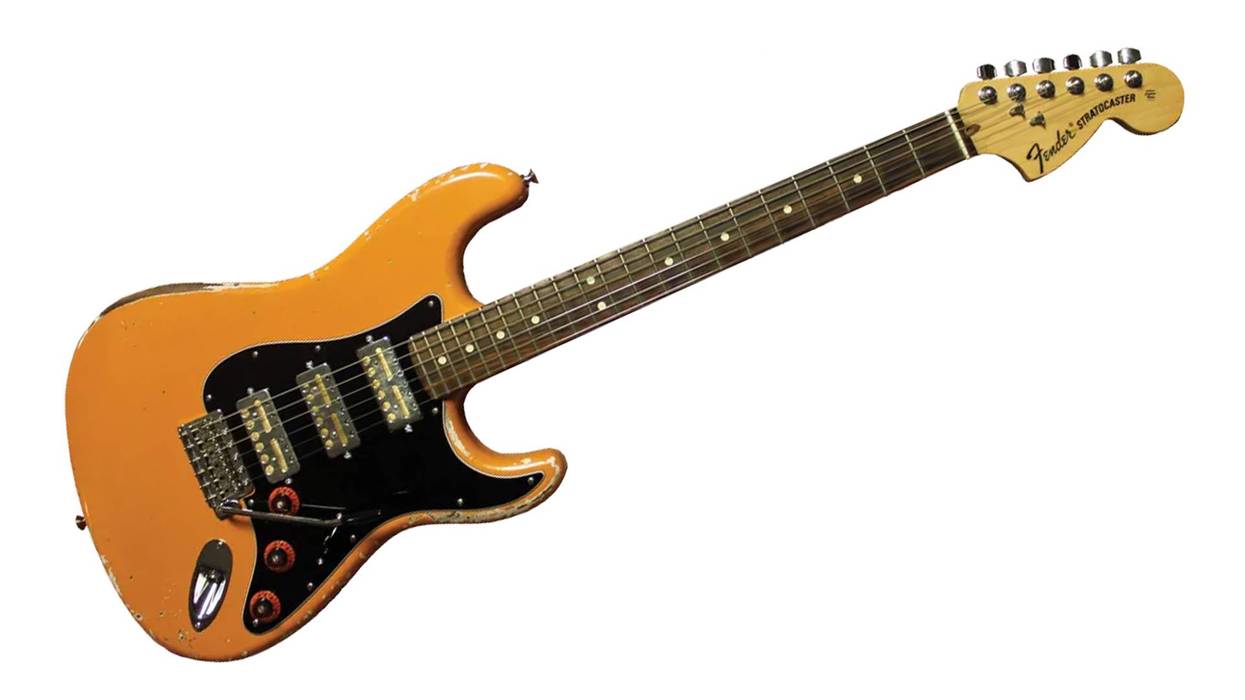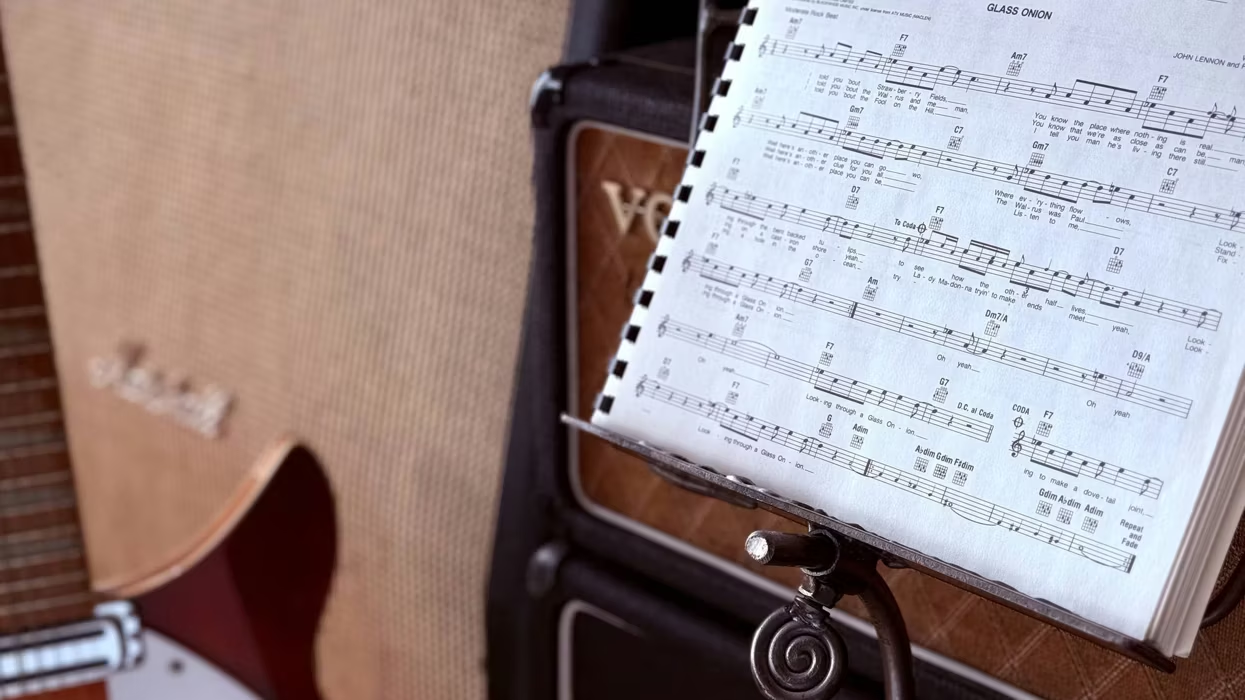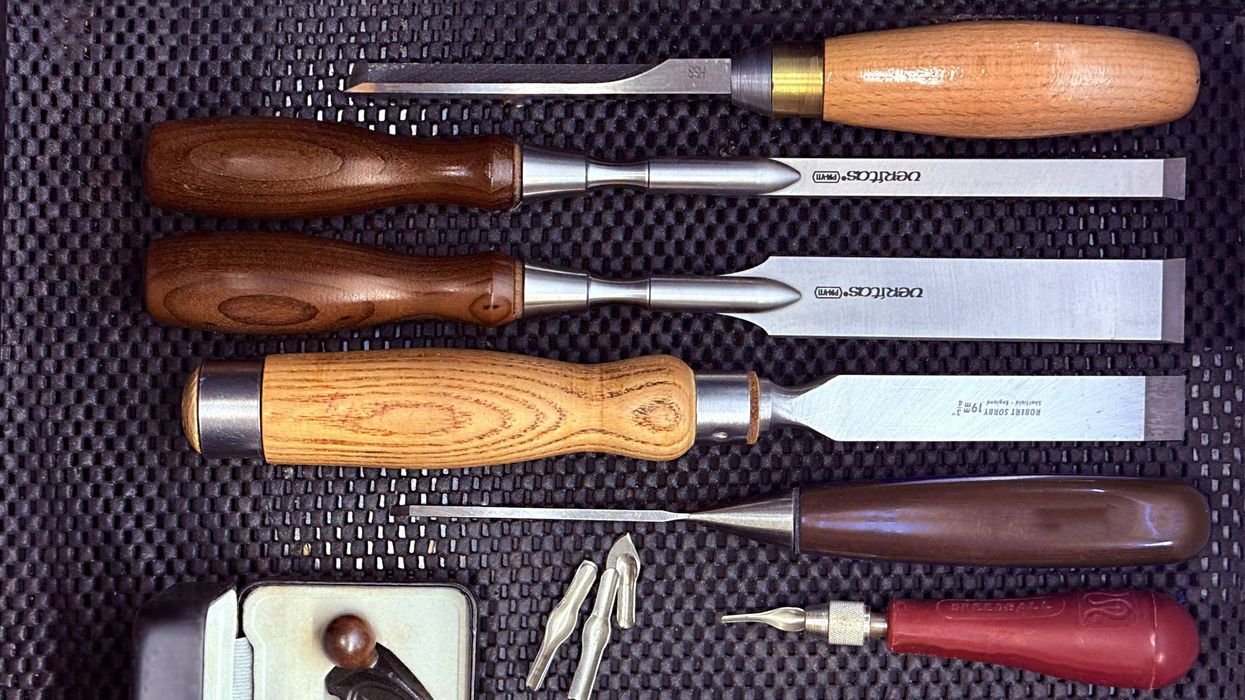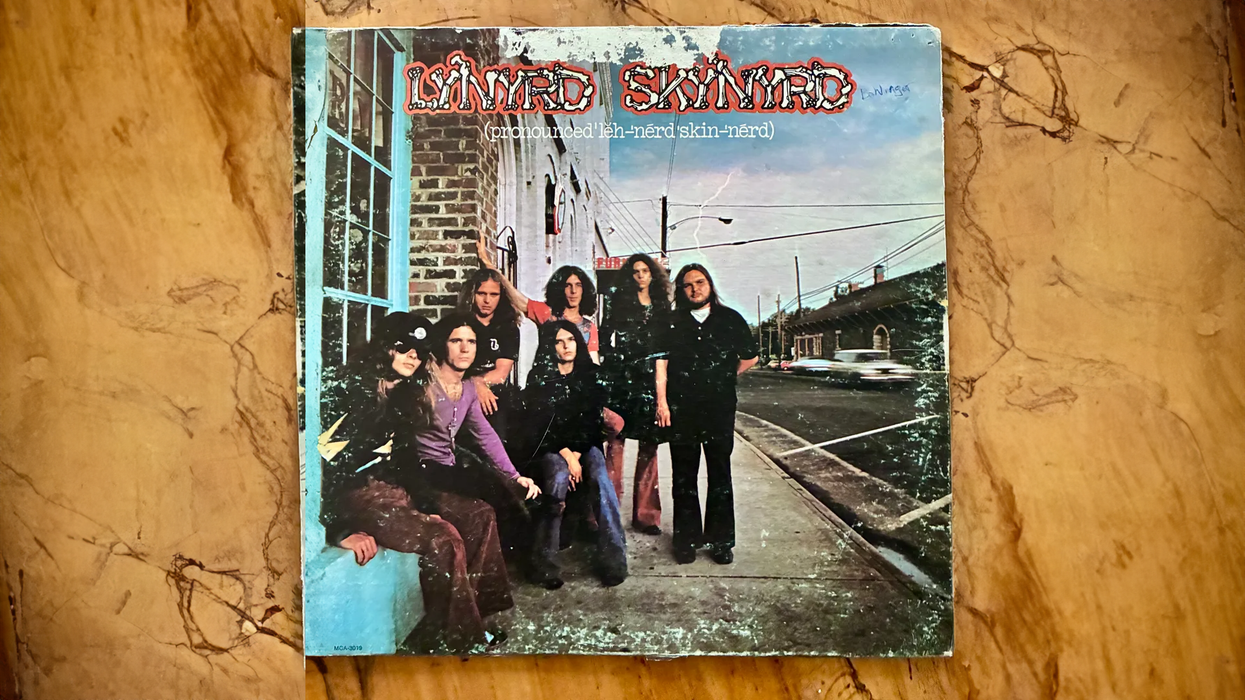Greetings, tone hounds! I'm writing this month's column in the midst of an Asia clinic tour while riding the high-speed rail between Taipei City and Tainan in Taiwan. Part of my clinic is focusing on how to effectively write and arrange memorable instrumental rock-guitar songs, where I like to emphasize the power of saying more, but with fewer notes. Coincidentally, as of late, there has been some internet controversy brewing over whether some popular guitarists on Instagram and YouTube doctor their videos by speeding them up.
There's been accusations made that some of these videos are mimed, or are actually MIDI files converted to audio, all in an effort to allow these guitarists to seemingly play the unplayable. Social media is certainly overflowing with guitarists performing exceedingly difficult technical feats of wizardry, tapping and sliding about at impossible speeds on fanned-fret, futuristic-looking guitars. Some of these videos may be doctored, and I'm sure many are not. But, there's a bigger point to consider here. It reminds me of another time, because we've actually seen this movie before.
It was the late '70s, and rock radio was ruled by the sounds of bands like Boston, Kansas, and Journey. Suddenly, Van Halen exploded onto the scene and an entire new bar was set for the guitar. Everyone wanted to know how Eddie Van Halen achieved his explosive tone and incredible speed. A legion of guitarists set about learning how to play beyond what anyone had realized was possible.
Just a few years later, Yngwie Malmsteen shocked the world of guitar with a level of technical skill that had never been seen before. With Yngwie's lightning fast harmonic-minor runs and impeccable sweep-picked arpeggios, he was completely different from Eddie, and, once again, young guitarists everywhere had a new vocabulary to absorb and conquer. A new technique-driven approach to rock guitar had begun!
I can remember working tirelessly on licks and techniques, and as my own skill level rapidly increased, I was amazed at what my hands could do. At the same time, I was pretty aware that what I seemed to be improving at was almost purely physical ability. It wasn't so much about learning to play music. It was about achieving a very high level of technical dexterity and ability, which, at 17 years old, was honestly pretty fun. But we all grow up, right?
Fast-forward 10 years or so to 1992. Seemingly overnight, the traditional “rock-guitar solo," at least temporarily, became a casualty, a co-conspirator of a style of rock that had become so self-indulgent and devoid of substance, that all it took was one little song (“Smells Like Teen Spirit") to completely obliterate it from the charts. Trust me, I was there. By 1993, no one wanted you to play a guitar solo on a session, unless it was copying the vocal melody, as simple as possible, and most likely drenched in a rotary or fuzz effect. Nobody wanted to hear your sweep arpeggios or tapping licks. As a matter of fact, you'd probably be shown the door if you busted them out on a session. Why did this happen? Music fans were hungry for some substance. Even I, admittedly a student of '80s rock guitar, was getting worn out by lowest-common-denominator lyrics and all those shreddy notes.
We're now 25 years down the road. The fashion and tones have changed, but I see similar instincts among young guitarists to burn those notes as fast as possible, much like the early '80s. Just scroll through IG. You'll find many of the new crop of prog-metal, neo-soul, and funk masters blasting through their best licks at maximum breakneck tempos, almost like it's a video game they've mastered. And I'm reminded about what's really important: This is supposed to be an art form, not a sporting event.
There are many beacons of musicality out there in guitar land. Mateus Asato, Lari Basilio, and Yvette Young are all wonderfully melodic, while also possessing ferocious technical abilities. Cory Wong and Mark Lettieri are stellar examples of how far you can push the hyper funk, and still be really entertaining, musical, and listenable. Most notably, all these guitarists have also done tours! This means they've had to work with other musicians as part of an ensemble and actually perform in front of people. But many of their bedroom-shredder disciples, much like the disciples of Eddie and Yngwie, seem to go for the icing, and not the cake. The emphasis is seemingly on maximum bpm and note count, and little consideration for if it's actually good to listen to and workable outside of the Instagram or YouTube bubble. It's one thing to perform to a backing track while sitting comfortably, and it's another thing entirely to entertain a crowd while performing as part of a group.
Maybe the real issue isn't whether these modern guitaristic feats of peak technical ability we witness on social media are humanly possible, but whether, beyond a casual glance, anyone really cares anyway.
Until next month, I wish you great tone!
Check out Yvette Young's masterful chops and undeniable charisma in our 2019 Rig Rundown episode — the 10th most-popular RR from last year.


